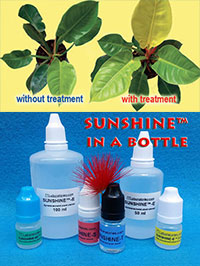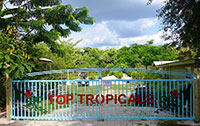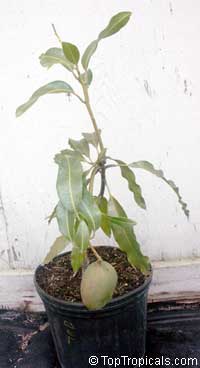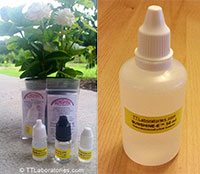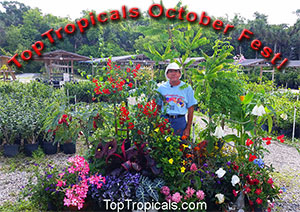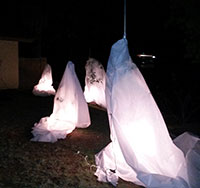Date:
6 easiest fruit trees and 5 spices to grow in containers indoors
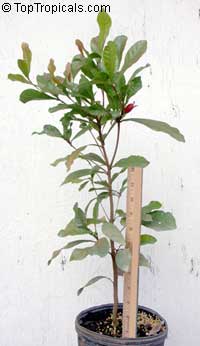
Q: This is why I want to move so that I can grow absolutely anything I want from your catalogue. Prefered Puerto Rico. Right now I live in New York and there is absolutely nothing I can grow there.
A: Of course living in Puerto Rico brings more opportunities to grow tropical species. However, you can create your unique tropical paradise even living in New York. We have many customers from up North who successfully grow tropical species (and get them to flower and fruit) in greenhouses, and even indoors.
Here are a few suggestions of tropical fruit trees that adapt well for container/indoor culture - for both beginners and advanced gardeners.
Top 6 fruit trees great for indoors / container culture / beginners
- Mango (Mangifera indica). Select from one of smaller mango varieties
- Sugar Apple (Annona squamosa)
- Guanabana, Soursop (Annona muricata)
- Miracle Fruit (Synsepalum dulcificum)
- June Plum (Spondias cytherea)
- Guava (Psidium guajava)
- top spice plants (the spice will be with you right away, you don't have to wait for it to grow)
1. Allspice (Pimenta dioica) - Cinnamomon or Campor tree
- Bay Leaf (Laurus nobilis)
- Mint Tree (Satureja vimenea)
- Vanilla orchid (Vanilla planifolia)
See a brief article of growing tropicals outside of tropics.
Don't forget to get some SUNSHINE boosters for your plant collection - for both successful indoor culture and cold protection!
See also our magazine Tropical Treasures) - Pushing the Limits of Tropical Gardening, with list of issues.
